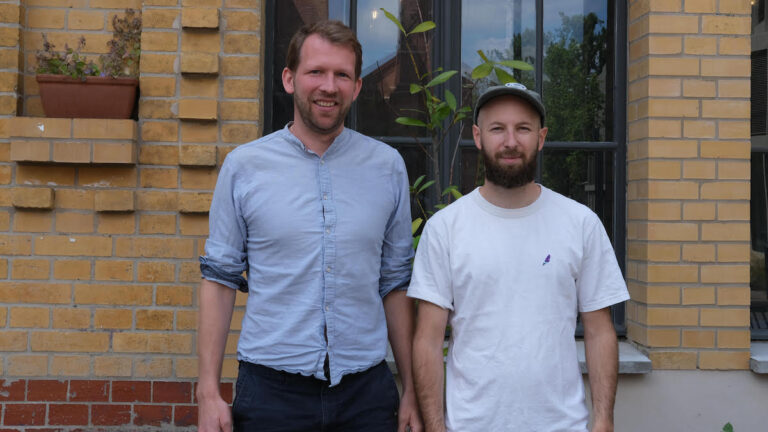As a foreigner, navigating health insurance systems can often be difficult. German startup Feather believes it has a solution and has raised €6 million to help some of the more than 40 million expats working and living in Europe.
It’s not that there aren’t any options for foreign nationals to buy insurance; there are plenty. But it’s precisely because the offering is fragmented and difficult to tailor to individual needs that Feather believes it can make a name for itself despite the strong competition from traditional players.
With expats often having access to their host country’s public healthcare system, a big part of the question is where they fit in, especially during transition periods that are increasingly common with the rise of remote work.
It’s this level of detail that the startup wants to achieve, Feather CEO Rob Schumacher told TechCrunch. For example, it provides a recommendation tool to help individuals understand what type of coverage they might need, starting with health insurance but also including additional options such as life insurance, pet insurance, company, automobile and civil liability.

“The funny thing is that all expats understand the problem immediately,” Schumacher said. This allowed Feather to obtain business angel checks from former founders who gained knowledge on the subject through their startups, such as GoCardless, Monzo and N26, where Feather CTO Vincent Audoire , was one of the first employees.
Wise co-founder Taavet Hinrikus also invested in Feather through the venture capital fund he co-founded, called Plural. Feather’s main investor, Keen Venture Partnerseven happened: it was his partner Abdul Afridi, himself an expatriate, who approached the startup, and not the other way around, Schumacher said.
However, fundraising has been anything but painless for insurance startups in the post-2021 hype, and Schumacher is wary of making the process easier than it was.
With a French neoinsurer Luko come undone Against the backdrop of other high-profile insurtech issues, getting past due diligence was no easy feat. As discussions dragged on, Feather’s founders considered simply going back to chasing profitability. “And I think that’s what made us really interesting again,” Schumacher said.
International expansion
Feather accepted because its new backers brought expertise across a wide range of topics, including branding, but more importantly because the capital would help accelerate its internal expansion. The startup currently serves expats in Germany, France and Spain, and is slated to launch in three more countries by the end of 2024.
This would not have been possible without additional funding, Schumacher said. “We would have just done things more progressively.” This would likely have been a wasted opportunity: the startup claims to have achieved more in the six months following its launch in Spain than in the first 18 months in Germany.
Despite the international audience it serves, the roadmap for expansion was not obvious for Feather, whose founders thought they could first address a broader audience in Germany. However, they quickly realized that the expat niche was particularly interesting for a digital-focused offering like theirs.
Compared to locals of the same age, expats are much more likely to prefer not to deal with a broker. But they still need help; as a French national, Audoire knows this first-hand, as does Schumacher, who moved to Germany after spending most of her life abroad.
As they scratch their teeth, the duo realizes that the market they are seeking is very largeand that number is growing. Whether you call them expats or immigrants, the fact is that European economies seem determined to hire more foreign workers to compensate for their aging populations.
Finding the balance
Feather promises its end users a better experience, with transparent policies, unbiased recommendations and simple digital complaints processes, all in English. With its new funding, Feather is also making a “big bet” on ensuring benefits that companies that hire a lot of expats might want to offer.
While it’s as bullish on technology as any player in insurance, Feather is also keen not to disparage the traditional players it partners with, and has a few senior insurance executives on board. capitalization table.
That approach, along with its measured approach to fundraising and spending, could pay off, or at least help companies avoid the scrutiny that new insurtech partnerships face. “We’ve had a healthy, sustainable business for six years, and that allows us to unlock new things, even with the incumbents,” Schumacher said.


